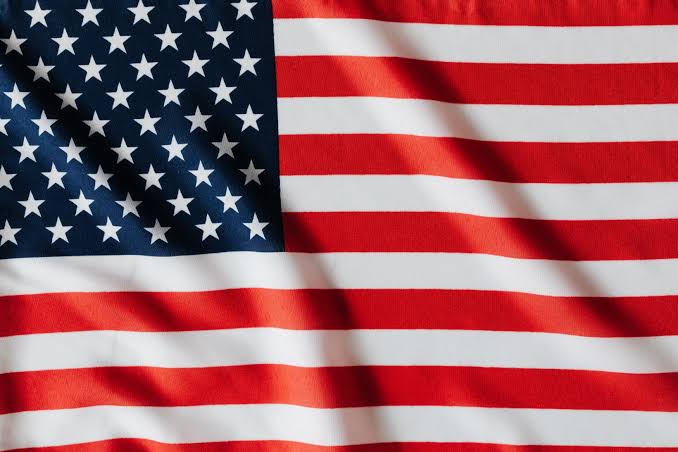The Nigerian House of Representatives has rejected a claim by the United States Senate describing the country’s security challenges as a ‘genocide against Christians’ or state-sponsored persecution.
The lawmakers, on Wednesday, also took steps to stop the US proposed law to require the her Secretary of State to designate Nigeria a ‘Country of Particular Concern’ (CPC) and to impose sanctions on Nigerian officials under Executive Order 13818 (Global Magnitsky) and related authorities.
United States Senate had introduced the bill titled the Nigeria Religious Freedom Accountability Act of 2025 (S.2747) on September 9, 2025.
Consequently, the Nigerian House of Representatives mandated its relevant committees to within 21 days coordinate the Federal Ministry of Foreign Affairs and the Nigerian Embassy in Washington, D.C. to lodge a formal diplomatic demarche (communication) to the sponsors of the bill and relevant US committees, transmitting empirical data and Nigeria’s official position.
The committees were to also invite the US Mission in Nigeria and interested US legislators to propose a Nigeria-US Joint Fact-Finding and Dialogue
Mechanism on freedom of religion or belief (FoRB), with participation from faith leaders and independent experts, and to invite USCIRF to a hearing/briefing of the House to examine sources, methodology and remedies.
This was sequel to the adoption of a motion of urgent public importance sponsored by Deputy Speaker Benjamin Kalu and other lawmakers at plenary.
The motion, titled “Urgent Need for a Coordinated Diplomatic and Domestic Response to the Proposed Nigeria Religious Freedom Accountability Act of 2025 (U.S. Senate Bill S.2747) and to Mischaracterisations of Nigeria’s Security and Religious-Freedom Landscape”, at plenary.
Moving the motion, Kalu noted that the US Commission on International Religious Freedom (USCIRF) has in recent Annual Reports recommended Nigeria for CPC designation, citing persistent violations and state failures to protect against non-state actor abuses.
“Recognises that Nigeria’s Constitution guarantees freedom of thought, conscience and religion and bars adoption of a State religion, and that successive administrations, security agencies, faith leaders and civil society continue to undertake measures to protect all worshippers and prosecute offenders, as reflected in the U.S. Department of State’s 2023 country chapter and prior reports.
“Observes that insecurity in Nigeria is complex and multi-causal – driven by insurgency, criminal banditry, farmer-herder conflict, separatist violence and communal disputes – affecting citizens of all faiths; international reporting attributes a significant share of fatalities to terrorist groups and criminal gangs rather than State policy or a single religious dynamic.
“Concerned that external legislative actions based on incomplete or decontextualised assessments risk undermining Nigeria’s sovereignty, misrepresenting facts, straining strategic relations, and unintentionally emboldening violent actors.
“Mindful of Nigeria’s longstanding partnership with the United States on counter-terrorism, human rights, democratic governance and inter-faith dialogue, and the African Union’s emphasis on tolerance and inclusive societies,” he stated.
The House, on adoption of the motion, condemned all forms of violence and persecution against any person or group on the basis of religion or belief and commiserated with all victims irrespective of faith.
It, however, rejected outrightly narratives that frame Nigeria’s security crisis as a singularly religious conflict or as State-sponsored persecution and reaffirmed Nigeria’s constitutional protections for freedom of religion and belief.
The Green Chamber further mandated the Committee on Legislative Compliance to ensure execution of the resolutions and to report back to the House within 28 days.
The House ordered that the resolution be transmitted to: the Presidency, Federal Ministry of Foreign Affairs, and Heads of Security Agencies; the United States Congress leadership (Senate Foreign Relations; House Foreign Affairs), the U.S. Department of State, and USCIRF; the African Union and ECOWAS Commission, and United Nations (UN).





